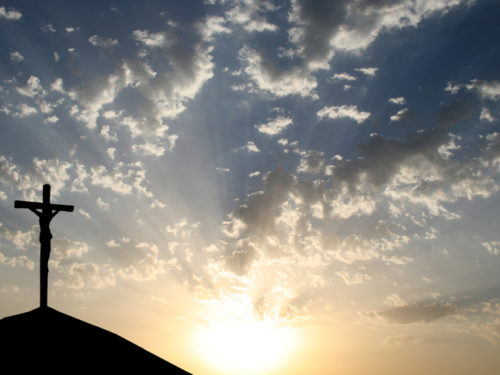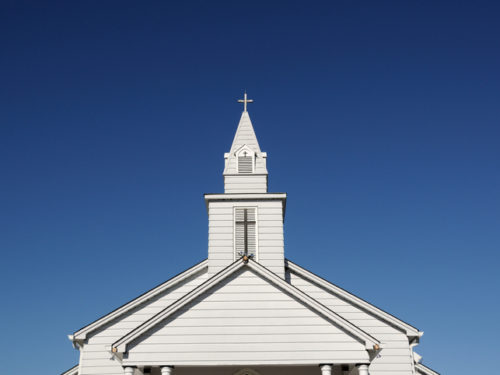 Uncategorized
Uncategorized
In light of the multiple thousands of denominations existing over and against Je...
 Uncategorized
Uncategorized
By: ECO Team
The role of church elder has changed substantially during the last century. Following the Civil War, gaining momentum well into the 20th century, elders moved from a primary role as a shepherd of people alongside the pastors, to become the superintendent of a program or ministry. To put it simply, for nearly four millenia, elders oversaw people. For a hundred years up and until today, Presbyterian elders focus nearly all their time upon the things of the church—bricks, money, programs, and pew pencils—at the expense of the people.
Samuel Miller was a New York pastor and Princeton Theological Seminary professor. His 1831 book guided Presbyterian elders on best practice for the better part of the 19th century. He taught about the elder role: “It is their duty to have an eye of inspection and care over all the members of the congregation and for this purpose to cultivate a universal and intimate acquaintance, as far as may be, with every family in the flock of which they are made ‘overseers.’”
A line in the 1867 Book of Church Order of the Presbyterian Church in the United States plainly describes the role. Saying elders need to “watch diligently over the flock committed to their charge, that no corruption of doctrine or morals enter therein…” It goes on further to give deacons responsibility for the ‘things’ of the church.
More importantly, Peter instructs all elders: “Shepherd the flock of God that is among you, exercising oversight, not under compulsion, but willingly, as God would have you; not for shameful gain, but eagerly; not domineering over those in your charge, but being examples to the flock.” (1 Peter 5:2-3)
Peter taught that elders had individuals ‘in their charge’ and the elder was supposed to be a humble and eager example for them. The historical and biblical role of elders clearly focuses the work of elders upon overseeing people – not administrating the things of the church. We are simply doing it differently than the Bible teaches and elders have practiced since the time of Moses.
We can easily point to three things elders used to do that elders today could and even should do, but likely are not.
As the church seeks her role in the 21st century, we must ask ourselves, how should our leaders lead? Following Scripture and the best practices from our rich history is a good start.
The Elder Leadership Institute is dedicated to helping elders recapture their historic role as shepherds of people. ELI believes that elders are called to be spiritual leaders, not simply bureaucrats managing a church program. We offer a variety of resources and partner together with sessions to help explore and make this transition back to shepherd. We believe the spiritual equipping of the leadership naturally creates new life and missional vitality.
We invite you to join us!
Rev. Eric Laverentz, Assistant Director of ELI
ericl@cornerstoneks.org
 Uncategorized
Uncategorized
In light of the multiple thousands of denominations existing over and against Je...
 Uncategorized
Uncategorized
My first pastoral call was to the First Presbyterian Church of Winnfield, a litt...
 Uncategorized
Uncategorized
This semester, I’m teaching “The Holy Spirit and the Church.” Our primary textbo...